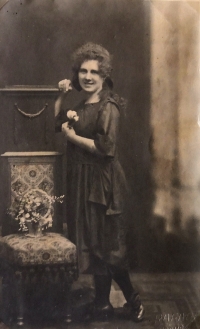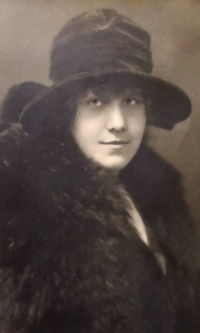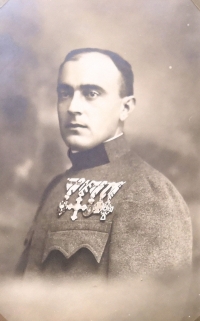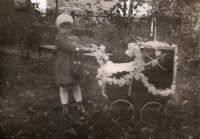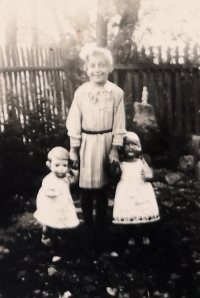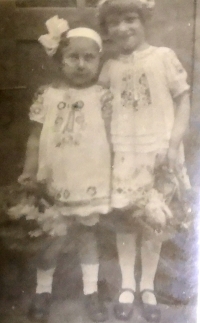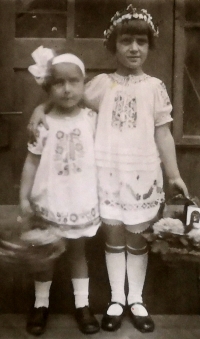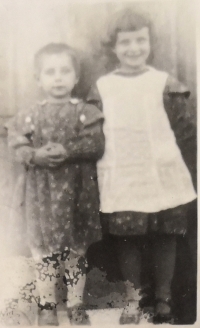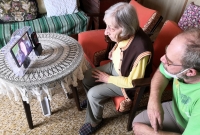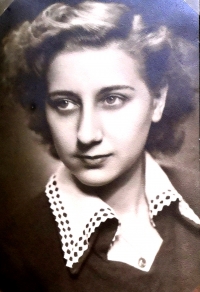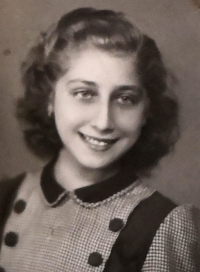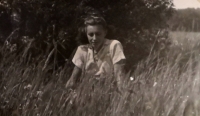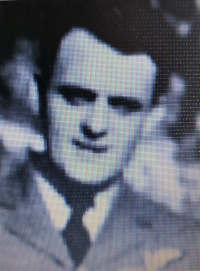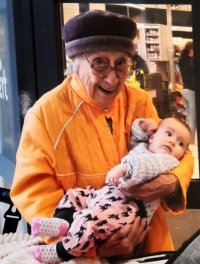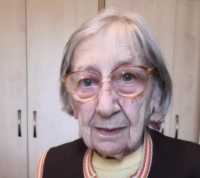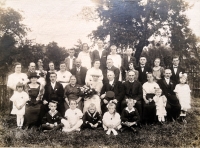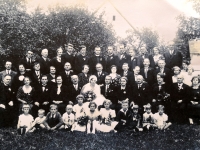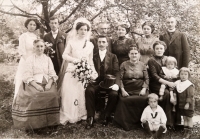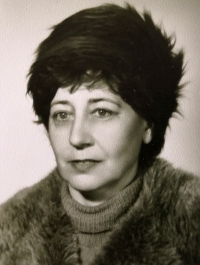Think with your own mind

Download image
Jarmila Štěrbová, née Mertová, was born on 19 March 1931 in Ostrava. Her father, Julius Merta, was originally a Catholic priest and later a lawyer. She grew up together with two other siblings. She lived through the horrors of the war, especially during the liberation of Ostrava, when their house was taken by the Germans. She became aware of the consequences of the communist coup in February of 1948, especially in connection with the fate of her cousin Karel Lanczik, a pilot of the legendary 311th Czechoslovak Bomber Squadron of the RAF. After the so-called February Victory, he emigrated with his English wife. The communist regime immediately stripped him of all his ranks and declared him a deserter. The witness herself was then prevented by the regime from pursuing her education. Because of her faith, and because neither she nor her husband had joined the Communist Party, her son also had difficulty to be admitted for studies. At the time of filming (2021), Jarmila Štěrbová was living in Brno looked after by her family.
